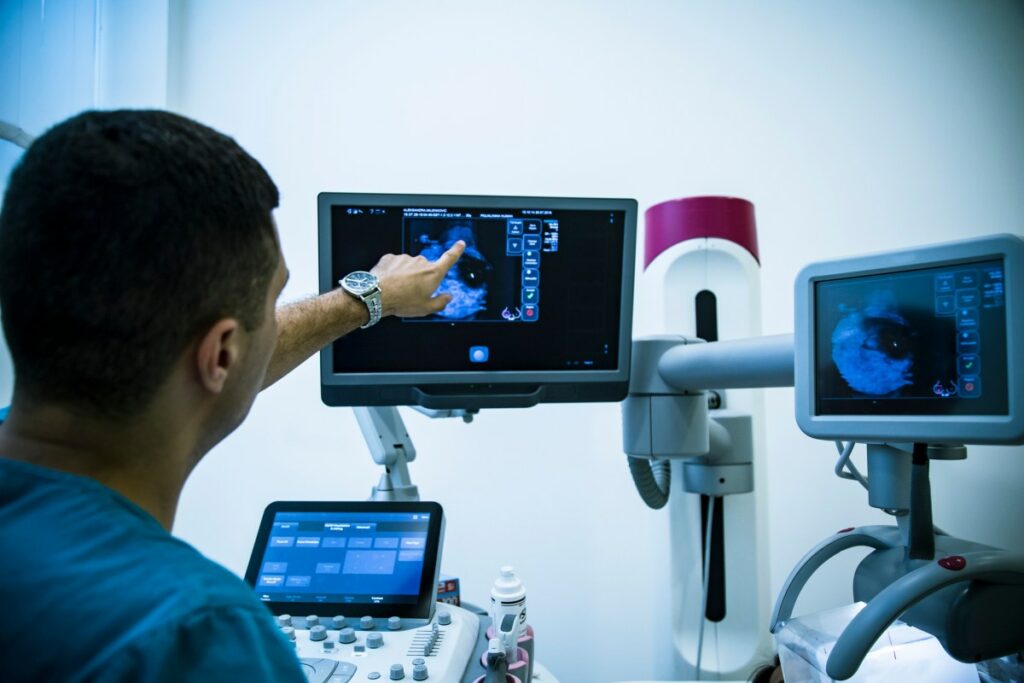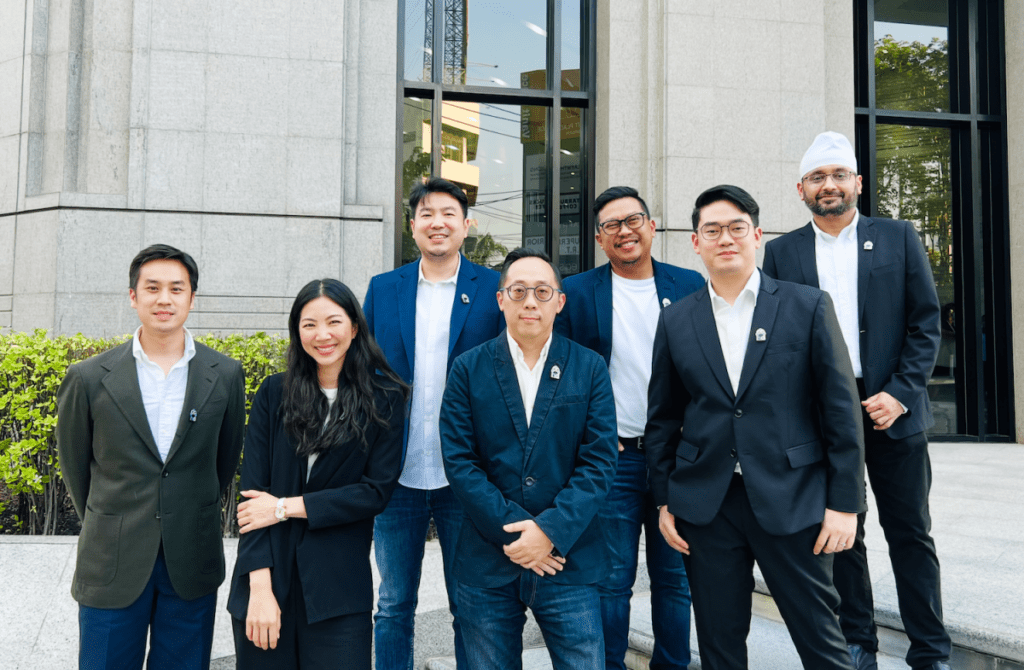A U.S. breast-screening program claims to demonstrate the potential benefits of using artificial intelligence (AI) in mammography screening, with women who paid for AI-enhanced scans 21% more likely to have cancer detected.
DeepHealth, an AI firm owned by radiology giant RadNet, presented its findings at the annual meeting of the Radiological Society of North America (RSNA), detailing 747,604 women who underwent mammography screening over a 12-month period. Overall cancer detection rates were 43% higher for those enrolled in the program compared to those who weren’t. However, some of the women also opted to have “U.S. Food and Drug Administration-compliant AI software” applied to their mammograms (at their own expense), serving as a “second set of eyes” to help radiologists spot anomalies in mammography screenings.
The findings suggest that 22% of the overall cancer detection increase was due to the fact that higher-risk patients were more likely to enroll in the program to begin with (implying selection bias), but its analysis concluded that the remaining 21% was due to the use of AI in driving recall rates for additional imaging.
This is far from conclusive, though, and the researchers are now seeking to “better quantify” the benefits of AI in this context through randomized controlled trials.


